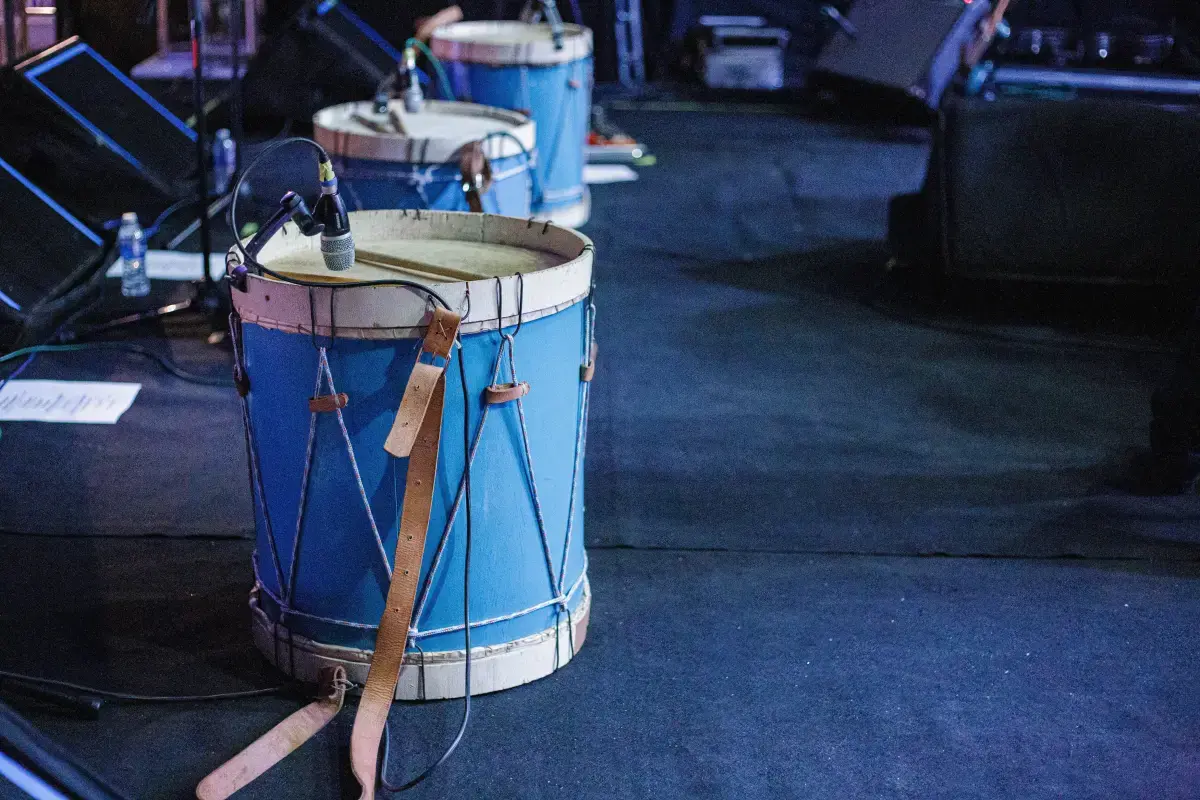
Cantor Job Description
What is a Cantor Professional?
A cantor is a musician who leads the singing of canticles, hymns, and other vocal music in religious services or ceremonies. A cantor also often provides musical leadership for the congregational responses to prayers and other parts of the service. The word “cantor” comes from the Latin word meaning “to sing.”

What does a Cantor Expert do?
A cantor is a musician who leads the singing of canticles, hymns, and other vocal music in religious services or ceremonies. A cantor also often provides musical leadership for the congregational responses to prayers and other parts of the service. The word “cantor” comes from the Latin word meaning “to sing.”

What are the Skills of a Cantor?
In order to be a successful cantor, one must have strong vocal skills and the ability to lead a congregation in song. A cantor must also be familiar with Jewish liturgical music and able to read Hebrew. While not required, it is also helpful if a cantor has some musical training, such as the ability to play an instrument. A cantor must possess excellent vocal skills in order to lead a congregation in song. The voice is the most important tool of the trade for a cantor, and as such, it must be well-trained and capable of projecting over a large group of people. A good singing voice is both pleasing to the ear and has the power to move people emotionally. In addition to having strong vocal chops, a cantor must also be able to carry a tune! This may seem like an obvious requirement, but many people who can sing well alone struggles when singing with others. A congregation should never have to struggle to follow along with their cantor.

What makes an Expert Cantor?
The ability to read Hebrew is another essential skill for any aspiring cantor. While there are resources available that can help those who are not proficient in Hebrew learn the basics (such as Cantor Institute’s Cantorial Certification Program), it is still important that any potential candidate has at least rudimentary knowledge of the language before embarking on their journey toward becoming a licensed or certified cantor. Familiarity with Jewish liturgical music is also key; after all, this is the type of music that will be sung on a regular basis during services. There are many different styles of Jewish liturgical music, so it is important that candidates are familiar with as many different types as possible before beginning their training. Finally, while not required, it can be helpful if candidates have some musical training or experience playing an instrument. This background will give them a better understanding of how music works overall which can only serve to help them in their role as cantor.

What level of Experience & Qualifications are required to be a Cantor?
Industry Experience: • At least two years of professional experience in the cantoring field, preferably at a synagogue or other religious institution. • Experience leading services and chanting from Jewish liturgy (e.g., Torah and Haftarah) in a variety of musical styles. • Knowledge of traditional Hebrew prayer modes (nusachim). Training: • Formal training in Cantorial music theory, performance practice, vocal technique, and improvisation is highly recommended for aspiring cantors. Qualifications: • Excellent singing voice with an ability to perform liturgical music in Hebrew and English. • Strong leadership skills with the ability to lead congregants through prayers as well as teach them new tunes when needed. Education: • Bachelor’s degree or higher in Music Theory/Studies/Performance or Religious Studies/Theology; additional cantorial studies program may be preferred by some employers.

What is the Salary of a Cantor?
The salary range for a cantor can vary greatly depending on the size of the congregation, experience level, and geographic location. A junior cantor typically earns between $25,000 and $45,000 per year. This amount is usually determined based on the size of the congregation they are serving in addition to their qualifications and other factors such as performance reviews or bonuses. Junior cantors may also receive benefits including vacation time and health insurance coverage. For a mid-level cantor, salaries tend to range from $50,000 to $70,000 annually depending again on several factors such as seniority within the organization or how long they have been employed by that particular congregation. Mid-level cantors may be eligible for additional benefits such as pension plans or tuition reimbursement programs. At a senior level position with more than five years of experience in congregations larger than 1,500 members (as an example), a cantor could expect to earn anywhere from $75,000 to over $100,000 annually. Senior level positions often come with increased responsibilities such as leading worship services or developing music programming for special occasions like weddings and funerals which can result in higher pay ranges due to these added tasks being performed outside of normal job duties associated with this role at lower levels of employment within religious organizations. Additionally senior roles offer more flexibility in terms of vacation days/time off given each year along with other incentives like stock options or bonus opportunities depending upon employer policies related specifically towards clergy members working at different levels within churches/synagogues across various denominations throughout America today

What are the Working Conditions for a Cantor?
A Cantor, or Hazzan in Hebrew, is a Jewish religious leader who is responsible for leading the congregation in prayer and singing. The general working conditions of a Cantor will depend on the specific synagogue and its size. Generally speaking, Cantors may be full-time or part-time employees and their hours will vary depending on the needs of the synagogue. For example, they may work during regular services such as Shabbat morning services or holiday observances (such as Rosh Hashanah and Yom Kippur). In addition to these services, some synagogues also provide cantorial music education classes or other programming that requires additional time from the Cantor. Cantors must have knowledge of traditional liturgy and musical compositions which are used during worship services; familiarity with contemporary musical styles appropriate for religious contexts is often advantageous as well. They are generally expected to lead rehearsals with choirs before major holidays to ensure that congregants are prepared for upcoming service elements. Many synagogues require Cantors to participate in special events outside of normal service times such as weddings, funerals, Bar/Bat Mitzvahs etc., where they can offer support through prayers and songs for those occasions. In terms of compensation packages offered by synagogues around the world - most tend to include salary plus benefits including health insurance coverage; vacation time; retirement plans etc., though this varies greatly between institutions.

What are the roles and responsibilities of a Cantor?
The cantor may act as the lead singer during worship services, setting the tone and pace for congregational singing.
The cantor may also offer solo or small group performances during worship services, using their voice and musical skills to enhance the overall worship experience.
In some cases, the cantor may be responsible for leading the congregation in hymn singing and other forms of group vocal music.
The cantor may also play a role in organizing and leading choir rehearsals, ensuring that all members are prepared for upcoming worship services.
Cantors often work closely with the pastor or other clergy to plan worship services and select music that is appropriate for each weeks theme or message.
Cantors may also be asked to provide special music for holidays and other occasions throughout the year.
In some churches, the cantor is responsible for maintaining a library of sacred music and planning the music for funerals and weddings when they occur within the church community.

Where can I find Cantor jobs?
- Create a profile on gigexchange and promote your Cantor skills to advertise you are Open to New Work Opportunities
- Ensure your Resume (or CV), or online work profile is up to date and represents your skills and experience. Ensure your reputation reflects your ability & attitude.
- Apply for Cantor Jobs advertised on gigexchange.
- Practise Cantor interview techniques to ensure you represent your personality and ability succinctly and confidently.
- Accept the job offer if the salary meets your expectations and the employer mission and purpose reflects your core values.
Jobs
What are the best job boards for Vocalist jobs?

How can I hire Cantor staff online for my business?
The best job board for recruiting Cantor experts is gigexchange.com. Advertise full-time, part-time or contract jobs to find, hire & recruit trusted, experienced and talented Cantor candidates near you.

Are Cantor roles in demand in 2026?
Cantor experts are still in high demand in 2026. If you are an experienced Cantor or looking to train and become one. The job market is looking strong for Cantor jobs near me.